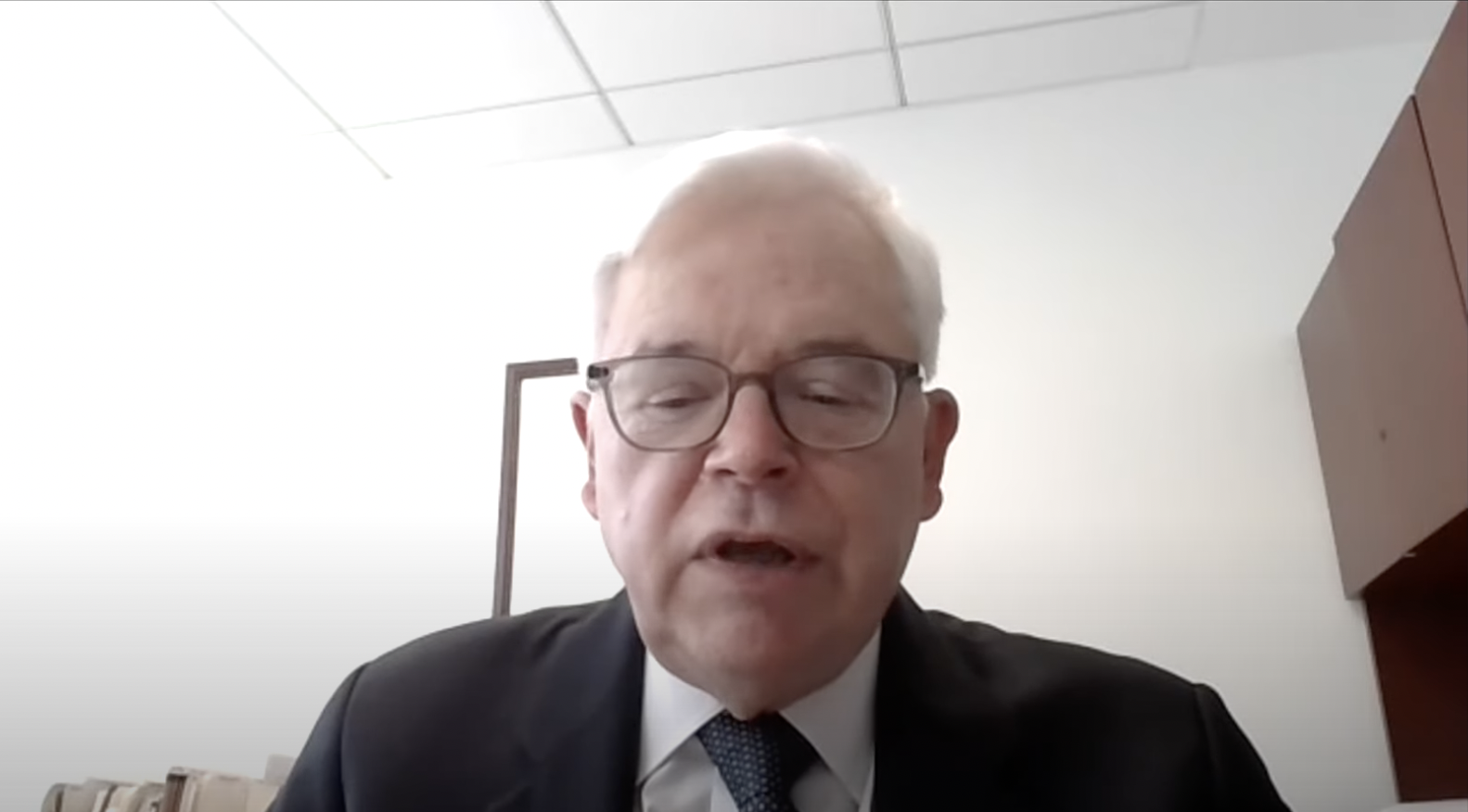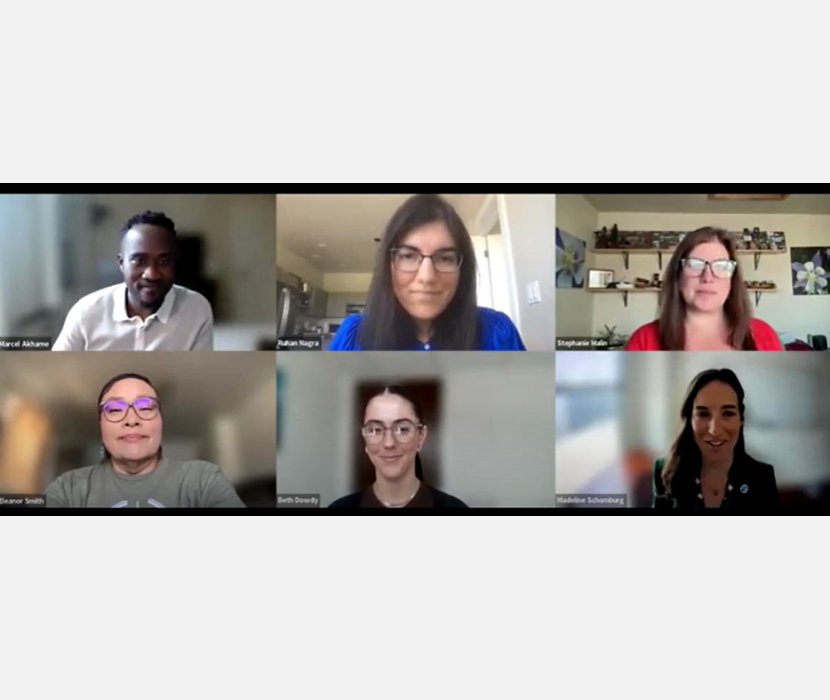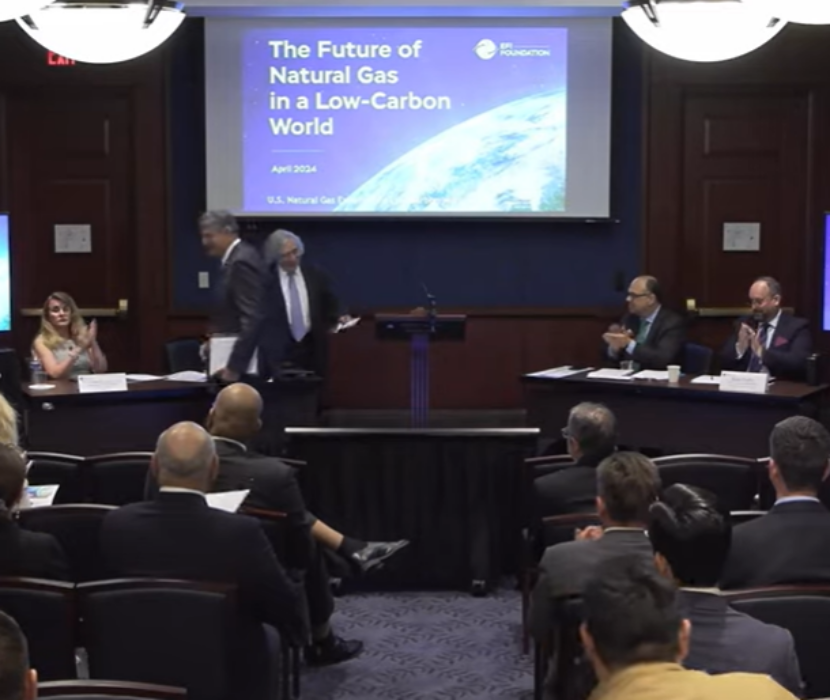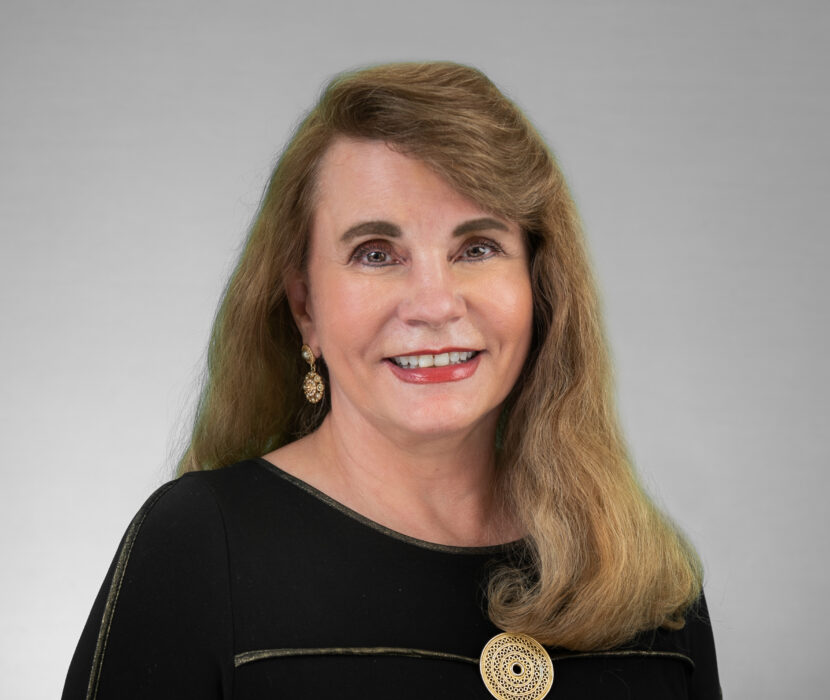
On Wednesday, March 16, the Energy Futures Initiative (EFI) held a public workshop as part of an ongoing EFI study on the potential of bioenergy with carbon capture and storage (BECCS) to achieve the United States’ goal of net-zero greenhouse gas emissions by midcentury. EFI CEO and 13th Secretary of Energy Ernest Moniz noted the near-consensus that carbon removal technologies will be essential to reach net-zero and outlined EFI’s carbon removal work, including the landmark report, Clearing the Air. Moniz said BECCS could be a less-expensive way to scale carbon removal.
“Our goal is to find out whether BECCS can live up to [its] forecasted potential, which in some cases is quite considerable, clarify some of the confusion around the technology, and outline what the challenges are that remain to be addressed,” Moniz said at the beginning of the workshop.
EFI’s public workshop also featured special remarks from the 30th and 32nd Secretary of Agriculture Tom Vilsack, who highlighted the U.S. Department of Agriculture’s work to advance BECCS and bioenergy technologies.
EFI Principal Joseph S. Hezir then gave the first public presentation of key findings from a literature review of the BECCS landscape that EFI published in January as the first part of this study. He was followed by two expert panels: The first panelists discussed sustainability of biomass feedstocks, forest restoration in the Western United States, and BECCS greenhouse gas accounting. The second panel evaluated community and environmental justice issues for BECCS. Watch a recording of the entire event, see all names and bios of the panelists, and check out our highlights on Twitter.
Following the workshop, EFI Research Associate Sam Savitz presented key findings from EFI’s January 2022 report (Surveying the BECCS Landscape) in a webinar hosted by American University’s Institute for Carbon Removal Law and Policy. Savitz highlighted the potential of BECCS infrastructure, impacts, and policies. He and fellow BECCS experts on the panel highlighted the fundamentals of BECCS and its range of technologies. A full recording of the event will be posted on the institute’s web page for its Assessing Carbon Removal webinar series.
—Sonia Velazquez
(Share this post with others.)




